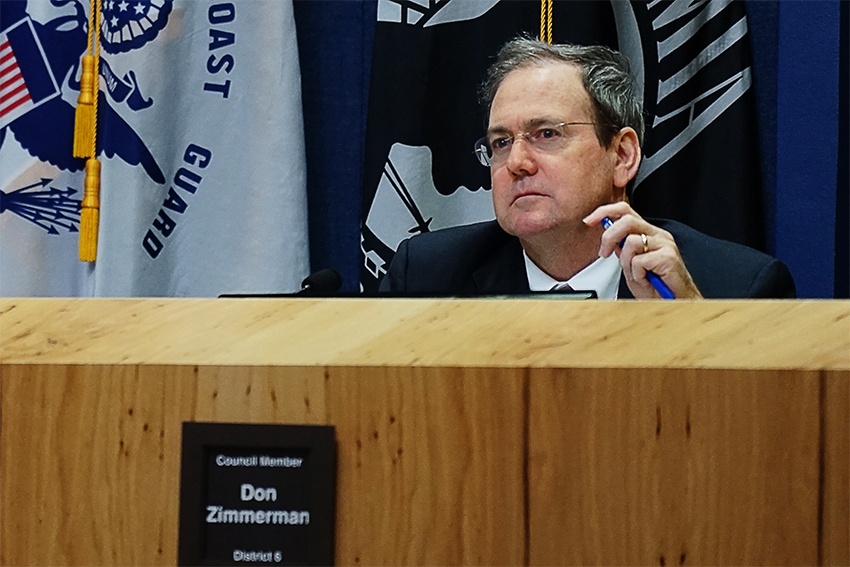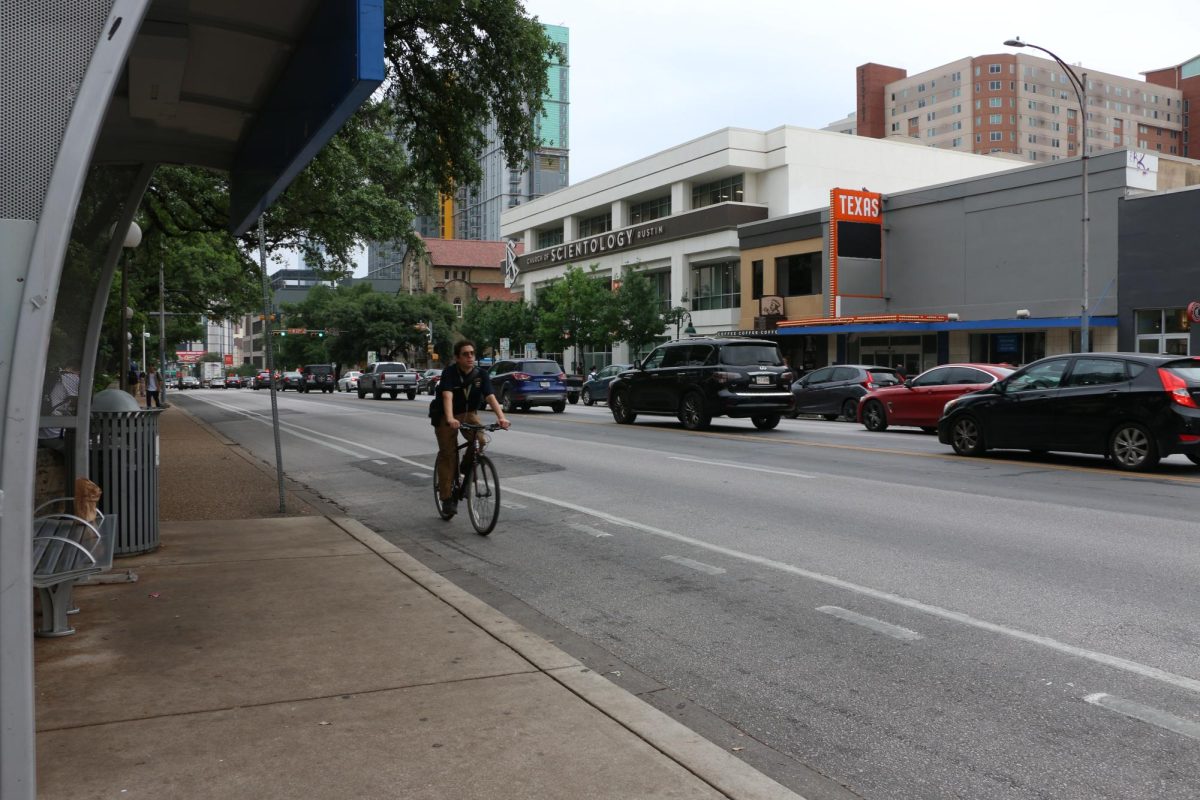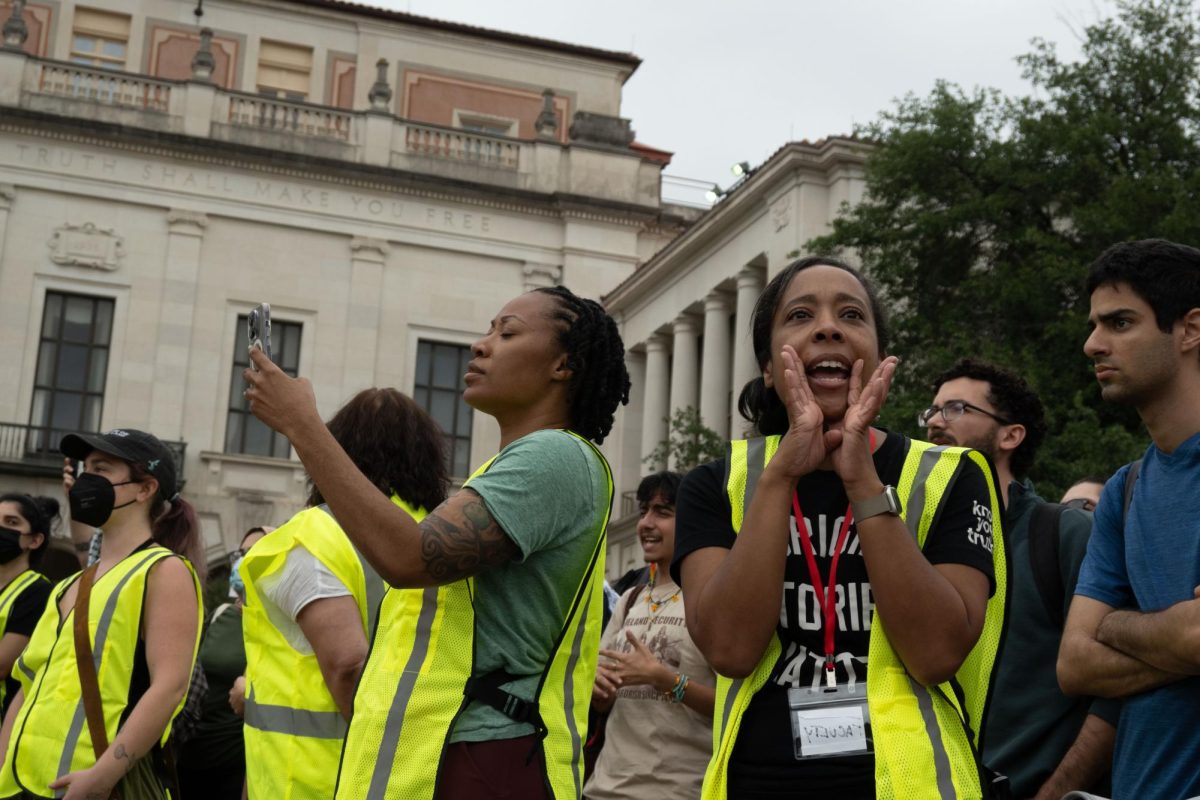The Austin City Council voted Thursday to create a partnership with the UT DNA Sequencing lab to study the DNA sequencing of Barton Creek salamanders.
“This will enable us to get a better estimate of the total population size, help us understand the ecology and the connection between the water quality in the aquifer and our creeks that feed the aquifer,” said Chris Herrington, a water resource evaluation manager at the Austin Watershed Protection Department.
The watershed department is hiring UT as a contractor to study the DNA sequencing of Barton Creek salamanders, which are only located in Austin and are currently endangered.
The interlocal agreement will charge the city no more than $13,000, according to the city council’s decision, which passed the initiative with an 8-1-1 vote.
Council member Donald Zimmerman was the only vote against Thursday’s measure. He brought up the current rape kit backlog and “overtaxed” citizens as reasons to not put money towards the initiative.
“I’m really struggling to understand how we can consider the DNA of a salamander a higher priority than the DNA rape kit testing,” Zimmerman said during the meeting. “We’re struggling to find money [for the backlog]. This is a great place to find money.”
After Herrington pointed out that the money for the DNA sequencing was coming from allocated drainage utility funds, Zimmerman said the money should go back to
city residents.
“Then that money could go back to our overtaxed taxpayers so that we can use the money more appropriately in public safety and a justice issue,”
Zimmerman said.
The current contract is expected to last one year, but the measure left room for a possible extension should they need more data from
the University.





















